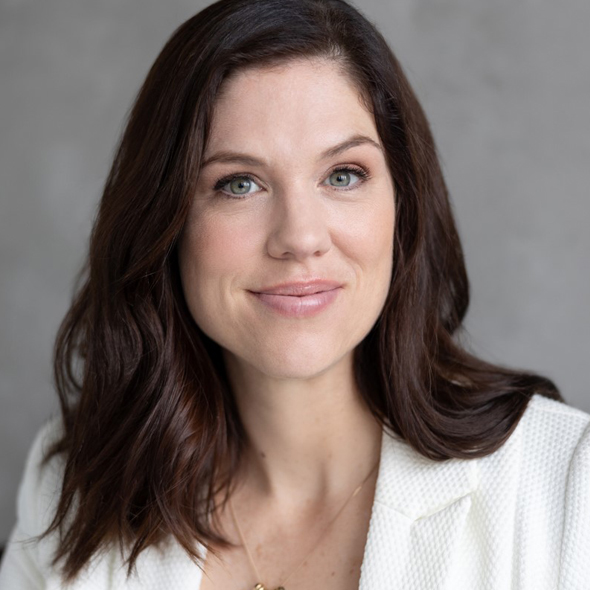We ask a prominent director to share three important lessons from three different professional experiences.
In addition to being a non-executive director at Woodside Petroleum and chair of the company’s audit and risk committee, Frank Cooper AO FAICD is on the boards of South32, Wright Prospecting and St John of God Health Care.
During the three-plus decades he worked in corporate taxation, he specialised in the mining, resources and utilities sectors, holding senior leadership roles at three of the major accounting firms, as well as being a director of a leading Australian utility company.
Last year, Cooper received the AICD 2023 WA Gold Medal Award in recognition of his significant contribution to corporate life in Western Australia and the wider community.
The Lesson: Protect your culture
For the first 25 years of my career, I was a partner at US accounting firm Arthur Andersen. It was regarded as having exceptionally high standards and strong values. It was also one of the first companies that collapsed as a result of Enron [the American energy company that traded extensively in energy derivatives markets and collapsed spectacularly in 2007]. It was a highly complex situation but it can nonetheless be simplified. An organisation can have the strongest culture in the world, but unless it is maintained, it will rust.
Arthur Andersen allowed that to happen by gradually focusing on profitability as distinct from the values of integrity and diligence and doing the right thing, which is what it was known for. Things were getting out of balance and there were warning signs that it was happening, such as the culture of fear that crept in. People were afraid to speak up without risking their jobs.
It is an experience that has stayed with me throughout my career as a director. An organisation’s risk management culture starts in the boardroom. A good indicator of culture is seeing everyone in an organisation speak their mind without fear of retribution.
My approach to risk management is primarily around the assessment of culture and the quality of the people. You can have all the policies, procedures, systems and processes in the world, but without the right culture, you can’t save an organisation.
The Lesson: Good communication means being completely open
A lot of people miss this: if you don’t know something, tell your team that you don’t know. If you don’t, they will fill in the gap and assume you’re not telling them something. When people are not given information, they will assume the worst. Be really open and transparent.
In a board I once sat on, I sensed the CEO didn’t trust the board. We went out for a drink and he confirmed my suspicions.I asked him why there was a lack of trust. He said, “Well, because the board has a session without me as managing director and it occurs for a very long time, but the feedback I get is very brief. There’s obviously a lot I’m not being told. If you’re talking about the business then I’m also a director and should be included.”
He was absolutely right. We were creating this distrust by our behaviour. So we stopped excluding him from those meetings — unless we were talking about his performance specifically – and then it would be up to the chair to have that discussion with him as well.
The question of openness is around wanting people to trust you and be open with you. If you are not open with them, you cannot expect them to behave any differently. Equally, you need to be honest with people, because if someone is underperforming and you eventually get to the point where you have to part ways, then they’re OK with that because you haven’t blindsided them.
The Lesson: Do more than just comply with emissions reduction targets
There will be a lot about business that will stay the same. But there are things that may change in very unexpected ways, and quickly, too. Energy is one of them.
We must become more realistic in assessment of emissions and climate change — and start looking at life-cycle emissions and what is genuinely making a difference to the world. Simply trying to comply with government-mandated regulations is only half the picture.
Resource companies are probably more towards the pointy end of the stick on this issue so the conversations I’m having as a director are about how fast we can move to reduce emissions and make a real impact.
Business must work through the life cycle of an energy source. Using a source of renewable energy can involve remaining heavily reliant on fossil fuels for daily energy usage. It is critical to communicate with stakeholders about this complexity.
This doesn’t mean I’m against people who are pushing hard to phase out fossil fuels. We need that pressure to achieve change. But we also need to have a balance around what’s appropriate for the communities we live in. Australia could be facing energy blackouts in the foreseeable future because we’re not thinking strategically about how to get that balance right. If we take a view that we must compromise our lifestyle for the future good, that’s a conscious decision — and that’s how it needs to be.
This article first appeared under the headline 'Frank Cooper AO FAICD’ in the December 2023 / January 2024 issue of Company Director magazine.
Latest news
Already a member?
Login to view this content



.jpg)